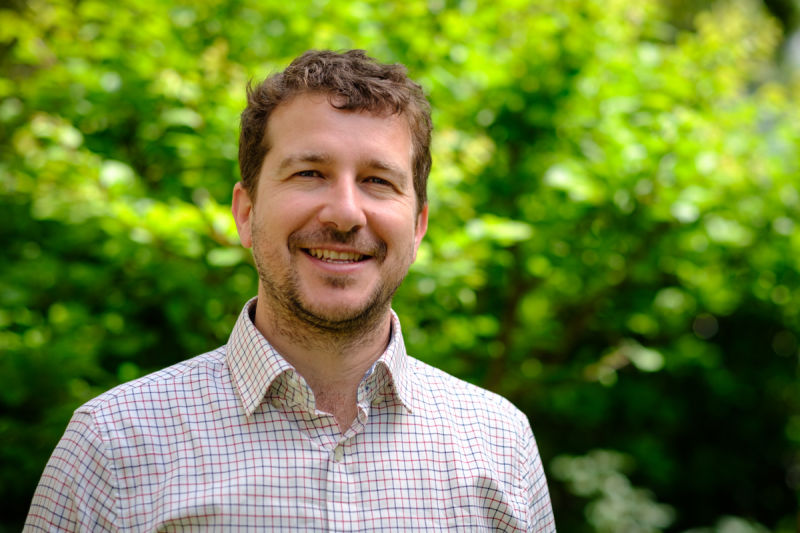An Overview Of Our Solution
- Population Impacted:
- Continent: Europe
Organization type
Population impacted
Size of agricultural area
Production quantity
People employed
Describe your solution
Describe your implementation
External connections
What is the environmental or ecological challenge you are targeting with your solution?
Describe the context in which you are operating
The Faribiotea farms are in Hunan and Yunnan province, totaling 4 farms. Despite the farms in the two locations have different climate and cultural aspects, many of the social factors are common. Traditionally, up to three generations live under one roof: grandparents, one to two pairs of parents and one or two children. The residents are either people who work as seasonal day laborer, people unable to work due to their advanced age and/or illness or they are children. There are primary schools and secondary schools in the area but most of the children cannot get there on a day-by-day basis and they stay in the boarding school during the week. The main crop in the areas is tea, which is the main cash crop. Households have private vegetable gardens and some raise animals that serves the basic family needs for food. In recent years almost all young population (parents) of working age have left their families to find a better-paid work, often far from home. Today such migrant worker jobs are frequently the main source of income for China’s rural families. Due to migration of young people into the cities, it is becoming increasingly difficult to find enough workers for the tea fields. The labor shortage in the tea agriculture increasingly affects the quality of the labor-intensive organic tea cultivation. Despite steadily rising wages there are not enough workers available. In addition, rural population is essential for natural and cultural resources conservation.
How did you impact natural resource use and greenhouse gas emissions?
Language(s)
Social/Community
Water
Food Security/Nutrition
Economic/Sustainable Development
Climate
Sustainability
Traders involved in Fairbiotea acknowledge sustainability is not a marketing term and investing in sustainability is necessary to stay in business in the long term, it is a part of the business core management. The tea can be already sold at higher prices, however, a greater engagement in consumers have to honor this work by paying fair, appropriate prices for tea. Full economic sustainability can be achieved once the consumers acknowledge the system. Until that happen, trading partners believe they should invest to achieve a fully sustainable tea production since their future depends on it.
Return on investment
Entrant Image

Entrant Banner Image

